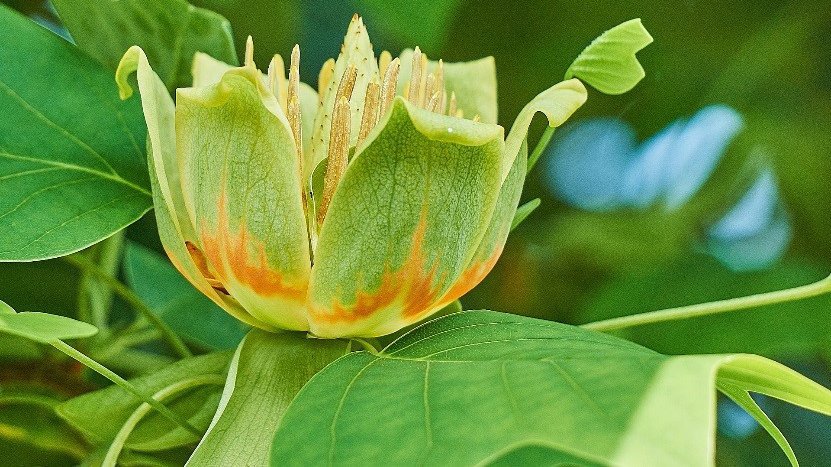Phyllosphere
Plants are full of microbes. Microbes are found everywhere, both above and underground. The microbes above the ground live on what we call the phyllosphere, and those underground the rhizosphere. We know that the microbes in the phyllosphere are important for the health of the plant. But how and why the plant selects these microbes has been unknown until recently. A group of Chinese scientists that showed that the plant does this in two manners: on the basis of its immune system and its ability to control moisture levels in its leaves. By cooperation of these two methods, plants are able to be quite selective over the microbial composition of the microbiome above the ground.
Imbalance
The researchers turned off the plant's immune system and moisture control. And as they expected, this resulted in an imbalance in the phyllosphere. Just like in humans, an imbalance in the gut microbiota can have all kinds of health consequences. That was also the case with the plant. Both selection mechanisms are therefore indispensable for the plant, because by choosing the right microbes, the plant remains healthy. It is therefore not surprising that the genes responsible for both systems are very old and are found in almost all plants. It is also important which microbes are available. Microbes that do not live on the plant cannot be selected. In order to stay healthy, the plant therefore depends both on the microbes in its environment and on its own genes.
Would you like to know more about the developments in microbiology, take a look at our news articles .
|
https://www.sciencedaily.com/releases/2020/04/200413103534.htm |

